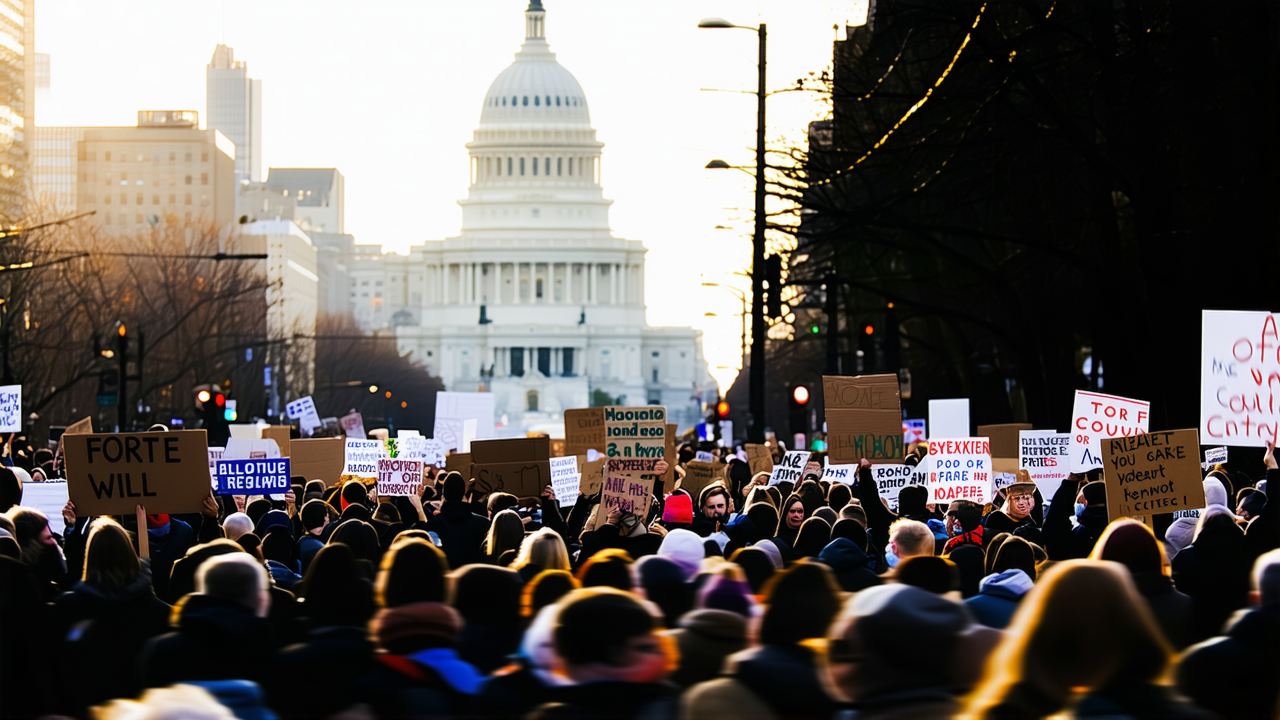When It's Worth Waiting for Democracy
When It's Worth Waiting for Democracy
In a bold move that has sparked both political and public debate, the New Zealand government has proposed significant changes to electoral law, aiming to bring certainty to the electoral process. Justice Minister Paul Goldsmith announced a series of reforms, including the introduction of automatic enrollment updates and digital enrollment methods. However, the most controversial change would shift the enrollment deadline to 13 days before an election, a move that critics argue undermines democratic principles and may disproportionately affect marginalized groups.
Goldsmith claims the changes are intended to ensure a quicker finalization of election results. He argues that waiting for special votes—which are cast after the official enrollment period—can delay the formation of a government and potentially prolong political uncertainty. However, critics, including some within his own party, argue that the move is undemocratic and risks disenfranchising voters who may not have the means or knowledge to enroll in advance.
Electoral law expert Graeme Edgeler highlights that the government has taken some of the Ministry of Justice's suggestions, such as automatic enrollment updates. However, he argues that moving the enrollment deadline 13 days before an election is a step too far. Edgeler notes that historically, coalition negotiations have not been delayed by the counting of special votes, citing the example of the National Party government under John Key, which formed a coalition before special votes were counted.
Laura Walters, Newsroom's political editor, confirms that some political leaders prefer to wait for the final election results before starting coalition negotiations. Winston Peters, leader of New Zealand First, has expressed a preference for waiting until the final results are in, arguing that early enrollment allows political parties to better tailor their messaging.
However, Walters also notes that advanced enrollment disproportionately affects younger voters, Māori, Pasifika, and Asian communities, as well as renters and people who frequently move. These groups are more likely to forget to update their enrollment details, potentially being excluded from the electoral process under the new rules.
The Attorney General, Judith Collins, has raised concerns about the legal justification for the changes, noting that denying voters the right to participate carries a
